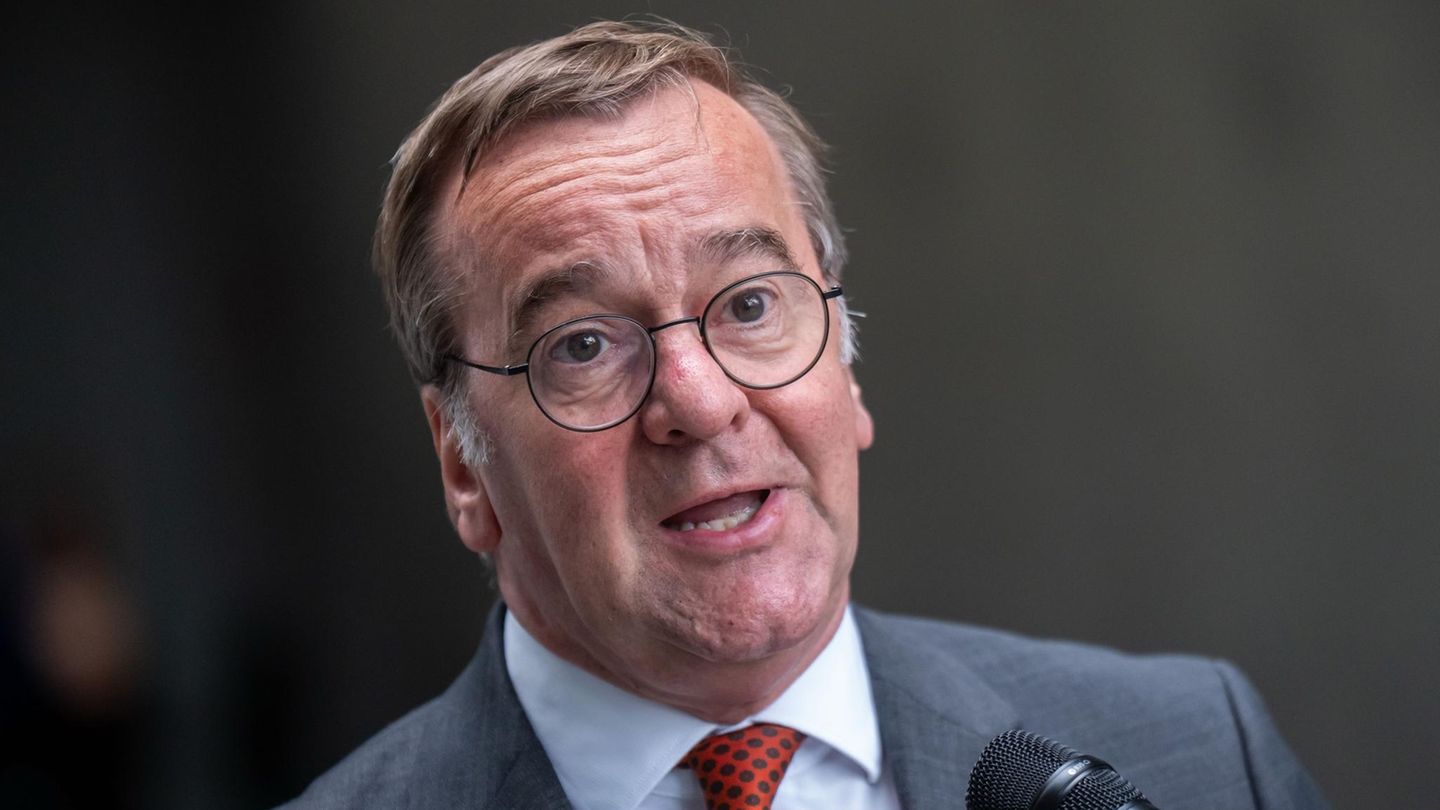Employers and unions want to avoid a deadlock. But there is still no movement in the collective bargaining negotiations. Have the first warning strikes at private banks had any effect?
Before the second round of wage negotiations for around 140,000 employees in private banks, the Verdi trade union called on employers to submit their own offer in the negotiations.
“The profits of banks have increased in recent years, while the purchasing power of employees has fallen at the same rate. This is rightly causing frustration,” said Verdi negotiator Jan Duscheck.
“The employees do not want a long stalemate in this round of wage negotiations and have made this clear in recent days with actions and warning strikes,” said Duscheck. Several thousand employees took part in the first warning strikes. The strike also led to numerous branch closures for several days.
Verdi is demanding a 12.5 percent increase in salary, but at least 500 euros per month, and an increase in the monthly remuneration of junior employees by 250 euros. Verdi is also pushing for negotiations to begin on a further development of working time regulations. The German Bank Employees Association (DBV) wants to push through an increase of 16 percent or at least 600 euros gross per month. The collective bargaining negotiations will continue this Monday in Berlin.
Employers say salary demands are significantly too high
The employers recently rejected the salary demands as being far too high. “We are operating in an environment in which there are more and greater risks than ever before,” argued the chief negotiator for the banks’ employers, Thomas A. Lange. However, the general manager of the employers’ association of the private banking industry (AGV Banken), Carsten Rogge-Strang, had also said before the talks began that the employers were “ready for fair salary adjustments.”
A third negotiation date for July 3 in Frankfurt has already been agreed. In the previous round of collective bargaining, unions and employers only reached an agreement after more than nine months in April 2022.
Source: Stern




